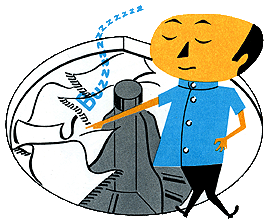|
Thread Number: 91237
/ Tag: Modern Automatic Washers
Kenmore (LG) FL squeaking when coasting from a spin. Please tell me it isn't bearing issues! |
[Down to Last] |

|
| Post# 1157563 , Reply# 1 8/21/2022 at 18:46 (705 days old) by lakewebsterkid (Dayton, Ohio) | ||
|
bearing Telling by your username, you probably are overthinking it! Lol. When my Duet's bearings started to go bad, I could hear a very faint chatter, rather than a squeak. It happened regardless of spin speed, which spin it was performing, and would get just a touch louder with each cycle. | ||
| Post# 1157619 , Reply# 2 8/22/2022 at 13:29 (704 days old) by mark_wpduet (Lexington KY) | ||
well
my German built Duet from 2005 has done this for years and it's very intermittent...the squeak sounds like baby birds when it happens and it's usually during the tumble and sometimes the end of a spin if I'm standing there to hear it coast down...I would venture to say it's done this for 7 to 8 years and it can stop doing it for months at a time before it shows up again....and it never seems to last long. I don't know what the hell it is quite honestly....but apparently it's not major.
| ||
Post# 1157627 , Reply# 3 8/22/2022 at 17:43 (704 days old) by combo52  (50 Year Repair Tech Beltsville,Md) (50 Year Repair Tech Beltsville,Md) |
||
 | ||

 Comes to the Rescue!
Comes to the Rescue!